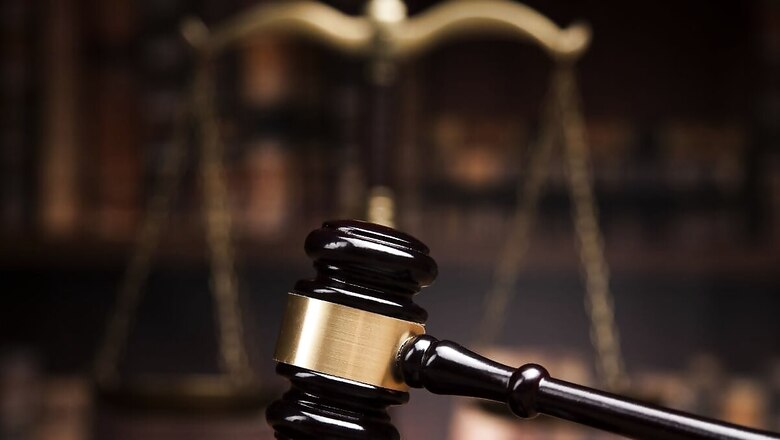Executive’s Independence Almost Non-Existent, Merely Follows What Party in Power Dictates: Madras HC

views
The Madras High Court recently said the harsh reality of present-day India is that the Executive has almost lost its independence and has virtually turned into an organ merely executing whatever is dictated or ordered by the political party in power.
“Over a period of time, the political parties have carefully manipulated the system to such an extent that they have complete control over the Executive,” observed the single judge bench of Justice N Anand Venkatesh.
The judge emphasised that every time there is a change in guard, the entire Executive set-up also changes to ensure that the organ toes the diktats of the government in power. “Therefore, in reality, the separation of power that is in the hands of the Executive is almost non-existent,” he asserted.
Justice Venkatesh expressed his anguish while dealing with a petition filed in 2018 by RS Bharathi, DMK organising secretary, for a fresh probe by the CBI into an alleged state highway tender scam complaint against former chief minister Edappadi K Palaniswami.
In the scam, a preliminary enquiry report was filed before the Directorate of Vigilance and Anti Corruption (DVAC) in August 2018. However, on Bharathi’s petition, the Madras High Court ordered a CBI probe into the matter in October 2018.
Palaniswami then moved the Supreme Court against the CBI enquiry which ruled in his favour and remanded back the matter to the HC to consider the issue afresh, including the earlier DVAC preliminary enquiry report, and pass appropriate orders.
However, when the matter came back to the high court again, Bharathi sought permission to withdraw the petition. Notably, in the preliminary inquiry conducted by the DVAC in 2018, a clean chit was given to the then chief minister.
Justice Venkatesh held that in a case like this, courts are treated like a playground where the ruling and opposition parties try to score a point for their own political games.
He found that the preliminary inquiry conducted by the DVAC in 2018 did not suffer from any apparent illegality or unreasonableness and also no new material had come forward pertaining to the issue.
“Without any change in the circumstances, except for the change in the government during the year 2021, the government cannot now direct for a preliminary inquiry afresh by disregarding the earlier report, which was, in fact, accepted by the first respondent and the then government,” the judge held.
He underscored that for all purposes, a decision taken by the government should stand and it cannot be reversed without any valid reasons, especially for a change in guard.
Therefore, while stating that the only appropriate remedy in law for the petitioner will be under Section 156(3) of the Criminal Procedure Code, Justice Venkatesh dismissed Bharathi’s petition.
















Comments
0 comment